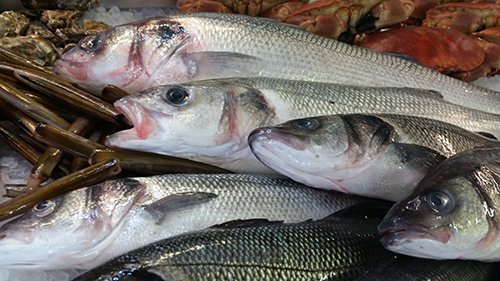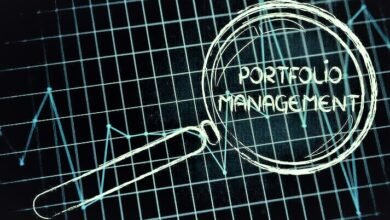The Business of Seafood: Wholesale Fish Trading in Southampton

Introduction
Southampton, a historic port city on the south coast of England, has a long-standing tradition of being a hub for maritime activities. Among the many industries that thrive in this coastal town, the wholesale fish trading sector stands out as a vital component of the local economy. In this article, we will delve into the fascinating world of wholesale fish Southampton, exploring the key players, the economic significance, and the processes that make it all happen.
The Importance of Wholesale Fish Trading
Southampton’s Maritime Legacy
Southampton’s maritime legacy dates back centuries. With its strategic location along the English Channel and the River Test, the city has always been a natural choice for trading and fishing activities. Over the years, the city has evolved into a major port, and today, it serves as one of the UK’s key gateways for importing and exporting seafood.
Economic Significance
The wholesale fish trading industry in Southampton plays a crucial role in the regional and national economy. It not only provides employment opportunities for local residents but also contributes significantly to the UK’s seafood supply chain. The sector encompasses a wide range of activities, including the procurement, processing, and distribution of seafood products. This intricate web of businesses ensures a steady flow of fresh seafood to consumers across the country.
The Wholesale Fish Trading Process
Procurement
The journey of seafood from the depths of the ocean to the bustling markets of Southampton begins with procurement. Local and international fishing vessels venture into the waters of the English Channel and beyond, braving the unpredictable sea conditions to bring in their catches. Once the boats return to port, the freshly caught fish are unloaded and transported to local fish markets or processing facilities.
Processing
Processing facilities in Southampton are equipped with state-of-the-art machinery and skilled workers who transform the raw catches into market-ready products. This includes cleaning, filleting, and packaging fish to meet the specific requirements of clients, such as restaurants, fishmongers, and supermarkets. The use of modern technology ensures that the fish are handled hygienically and efficiently, preserving their quality and taste.
Distribution
Distribution is a critical part of the wholesale fish trading process. Southampton’s strategic location makes it an ideal distribution hub for seafood products not only in the local region but also to other parts of the UK and even Europe. Refrigerated trucks and containers are used to transport the seafood to various destinations, ensuring that it reaches customers in pristine condition.
Key Players in Wholesale Fish Trading
Fish Merchants
Fish merchants are the linchpin of the wholesale fish trading industry in Southampton. They are responsible for procuring seafood from local fishermen and international suppliers, overseeing the processing, and managing the distribution to various clients. These merchants have extensive networks and knowledge of the seafood industry, allowing them to navigate the complexities of the market.
Fishmongers
Fishmongers are the retailers of the seafood world. They operate local shops and market stalls where customers can purchase fresh fish and seafood. In Southampton, fishmongers source their products from wholesale fish merchants, ensuring a steady supply of quality seafood to the local community.
Restaurants and Caterers
Southampton’s thriving restaurant scene relies heavily on the wholesale fish trading sector. Restaurants and caterers depend on a constant supply of fresh seafood to create delectable dishes for their patrons. The close proximity to the coast allows them to showcase a variety of seafood options on their menus, attracting both locals and tourists alike.
Challenges and Sustainability
While the wholesale fish trading industry in Southampton is robust, it faces its fair share of challenges. Overfishing and environmental concerns are pressing issues that require attention. Sustainable fishing practices, along with stringent regulations, are essential to protect the marine ecosystem and ensure a long-term supply of seafood.
In recent years, there has been a growing emphasis on traceability and transparency in the seafood supply chain. Consumers are increasingly interested in knowing the source of their seafood and whether it was harvested responsibly. Many businesses in Southampton are responding to this demand by adopting traceability systems and supporting sustainable fishing practices.
Conclusion
The wholesale fish trading industry in Southampton is a vital part of the city’s economy, with deep-rooted connections to its maritime heritage. It plays a crucial role in supplying fresh seafood to restaurants, fishmongers, and consumers across the UK. While facing challenges, the industry is also adapting to meet the demands of sustainability-conscious consumers. As long as there is a love for seafood, Southampton’s wholesale fish trading sector will continue to thrive, ensuring a steady supply of the ocean’s bounty to the people of the UK and beyond.
In summary, Wholesale Fish Southampton is not just a business; it’s a tradition, an economic driver, and a testament to the enduring relationship between the city and the sea.


